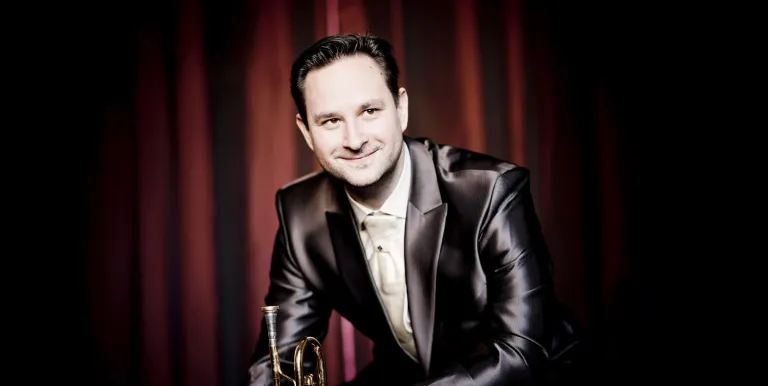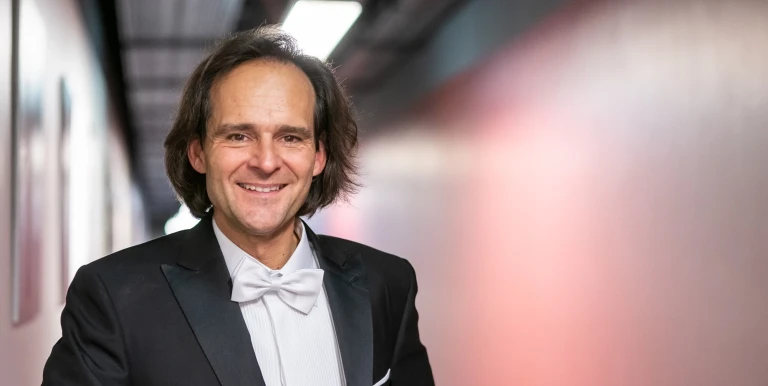one interval
Conductor:
Featuring:
Debussy
Le mer - three symphonic sketches
Ravel
Piano Concerto in G major
Bartók
Concerto for Orchestra, Sz. 116, BB 123
The Hungarian National Philharmonic Orchestra traditionally holds its season-opening concert on the date before the day of the anniversary of the death of Béla Bartók, thus paying tribute to the work of the composer who wrote music "from a pure source”. On the programme this year is Bartók's masterpiece Concerto for Orchestra, created during his period of exile in America. It is preceded by pieces by the French composers Debussy and Ravel, whose music Bartók knew well and esteemed highly. The soloist for the concert, Mihály Berecz, is one of Hungary's most outstanding young pianists, and conductor János Kovács is unquestionably a treasure of the Hungarian music world.
In 1905, Claude Debussy completed his set of three symphonic sketches entitled La mer, which is notable not only for its sensually beautiful nature poetry, but also for being one of the most modern orchestral compositions of its time in terms of both form and harmony. The Piano Concerto in G major composed between 1929 and 1931 by Debussy's contemporary Maurice Ravel, his junior by 13 years, was not only inspired by the purity and sophistication of Mozart's ideal of beauty, it also vividly reflects the influence of the fashionable jazz music of the time, creating a special mix of styles. Commissioned by Serge Koussevitzky on behalf of the Boston Symphony Orchestra, Béla Bartók's Concerto for Orchestra received its premiere in 1944. The five-movement symphonic orchestral work, featuring numerous representative instrumental solos and chamber music passages, is one of the most significant works in the artist's output, a moving document of homesickness and patriotism. The young pianist Mihály Berecz has successfully participated in many international competitions, while the conductor János Kovács has decades of experience and is known for grounding his work in every style and genre in the utmost degree of professional research and artistic humility.
Presented by: Hungarian National Philharmonic
-
We wish to inform you that in the event that Müpa Budapest's underground garage and outdoor car park are operating at full capacity, it is advisable to plan for increased waiting times when you arrive. In order to avoid this, we recommend that you depart for our events in time, so that you you can find the ideal parking spot quickly and smoothly and arrive for our performance in comfort. The Müpa Budapest underground garage gates will be operated by an automatic number plate recognition system. Parking is free of charge for visitors with tickets to any of our paid performances on that given day. The detailed parking policy of Müpa Budapest is available here.










